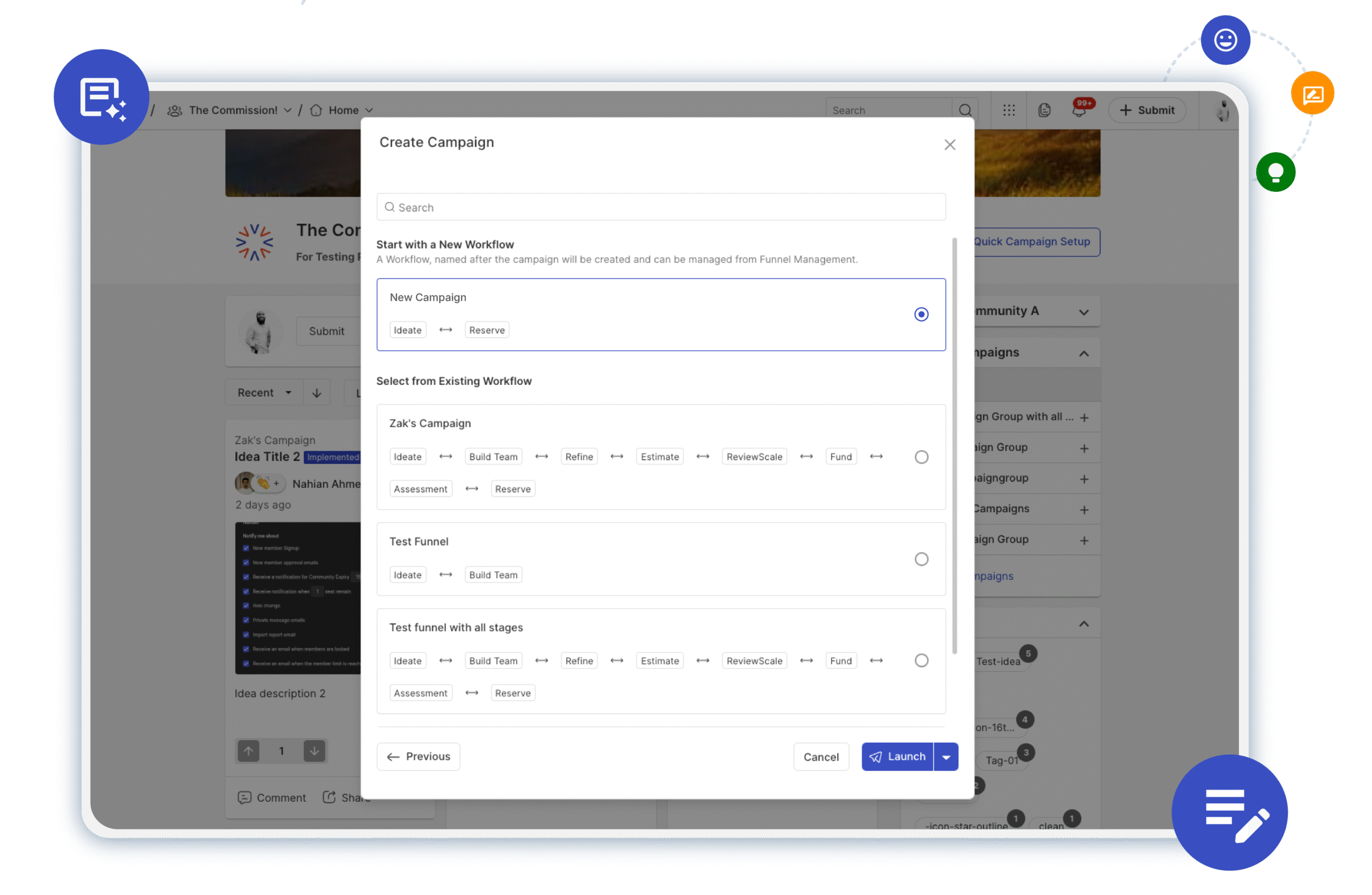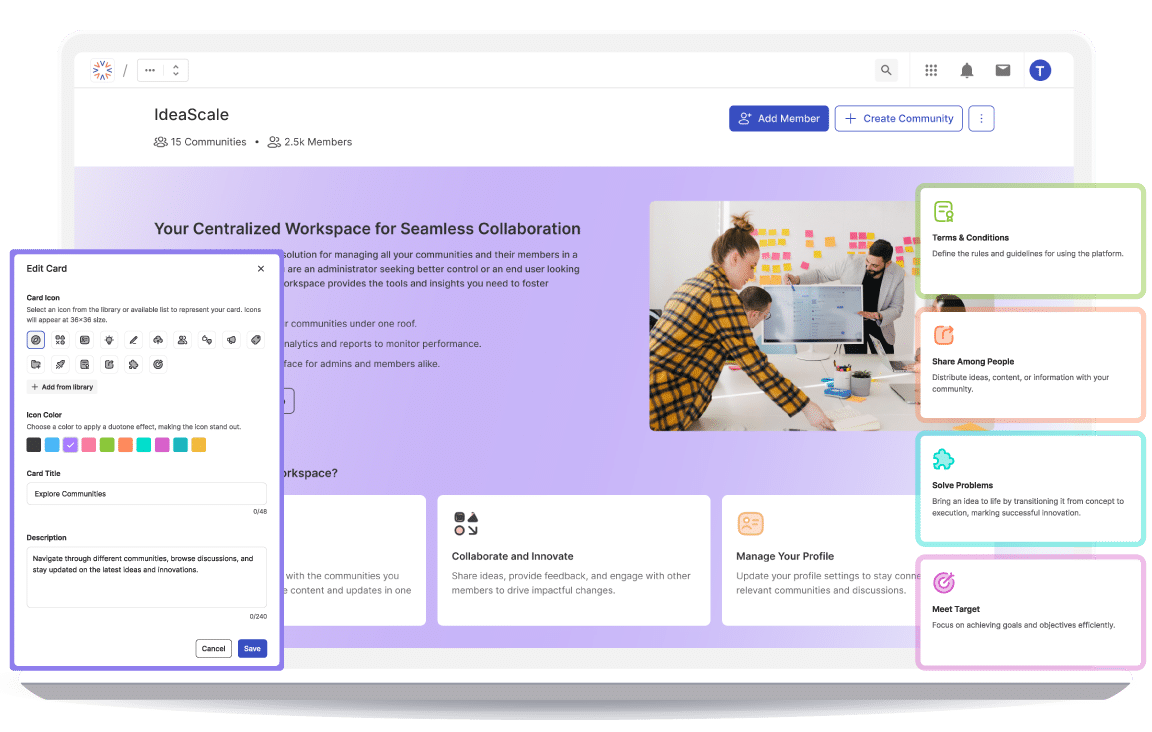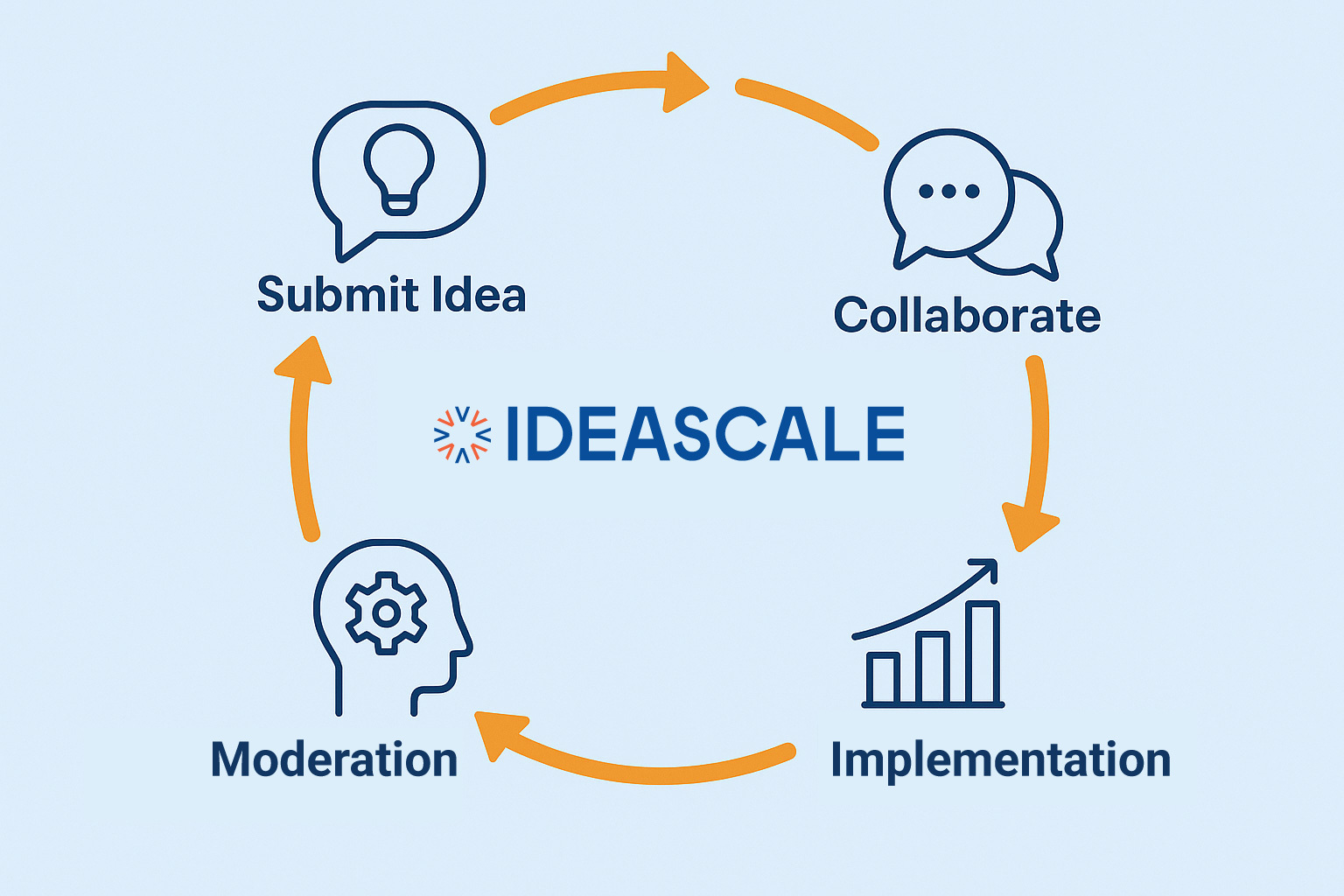One of the many things that Steve Jobs, Bill Gates, Oprah Winfrey, and Barak Obama have in common is that they all utilize coaches.
The higher you rise in your career, the less likely you have people who challenge you to level up. Even if you or your organization have reached the pinnacle of your success—you may be wondering what is next.
Below are just a few ways a coach can be of benefit.
What Is a Coach?
In our youth, we had teachers and extracurricular coaches that pushed us to new heights. Many of our teachers and coaches set the foundation upon which our professional accomplishments are built.
As adults, we may come across a mentor or leader that challenges us. However, the time they can commit to us is not as significant as the teachers and coaches of our youth. Understandably so, as we are far from their only priority.
This is a shining example of how and why turning to a industry, executive, or general business coach can help.
What Is the Difference Between a Coach and a Consultant?
Your organization may already utilize a variety of external consultants. While both coaches and consultants provide invaluable third-party insights, their roles differ.
Generally speaking, a consultant specializes in a targeted area of opportunity and provides a strategic roadmap to success. They work with you and personalize your strategy, but their role is to provide a measurable framework. In other words, they walk you through what to do. Consultants can work one-on-one, but they often work with small or large groups.
A coach works differently. They also have areas of specialty and utilize best practices. However, they don’t tell you what to do, they lead you to your answers. They ask thought-provoking questions that challenge you in a way few leaders are currently challenged. Some coaches provide group training, but they primarily work one-on-one.
Unlike consultants, coaches understand the connection between personal and professional development and innovation. You can come to the coaching table with a specific question or area of opportunity, or something as vague as wondering what is next for you or your organization.
Now, let’s dive into a few of the specific ways a coach can help you level up.
#1 Identifying Areas of Opportunity
Every leader has areas of opportunity. Some you are aware of, and some are blind spots. As leaders, there may not be someone available to challenge your blind spots. If you are being honest, your ego may get in the way when someone does.
A coach will face the areas you’ve identified head-on and knows what questions to ask to identify your blind spots. They will challenge you, but also provide you with tools, resources, and techniques.
#2 Goal Setting
Whether you are mid-level management, an executive, or a business owner—you should have an individual development plan.

You are highly successful, but you still have more you want to achieve professionally. Or, if you’ve already achieved everything you’ve set out to do, you must determine what you want next.
Sometimes part of what is next is improved work-life balance. Or you realize that your goal isn’t what you dreamed it would be. Or you are ready for a change such as a new career or new company.
#3 Brainstorming and Sounding Board
Your coach is a confidential space for you to brainstorm and talk through your professional thoughts and objectives. There is nothing you can’t discuss with them, and you can do so with the peace of mind that it stays between you. You don’t have this safety within your organization.
They will ask thought-provoking and even “Devil’s advocate” questions to push and challenge you. This can strengthen your resolve in some areas and spark innovation in others.
When you need a consequence-free place to vent frustrations and analyze failures your coach is there. However, they won’t allow you to wallow. They help you identify the lessons and take a proactive approach to similar circumstances.
#4 Change of Perspective
Your organization, industry, or technology has evolved. So, some processes and ways of thinking aren’t aligned with the current times. Or they were an inequitable status quo that was never a true best practice. Whatever it may be, your coach will challenge your perspective.
This includes challenging how realistic a goal or thought process may be. While innovation requires out-of-the-box thinking—goals, and objectives must be feasible. Sometimes, your goal or objective is feasible, but a lot more work needs to be done to set the foundation. Or your timeline is unrealistic. Or you don’t have the right team to get there.
Your coach will push you to innovate while keeping you grounded.

#5 Accountability
Make no mistake, your coach will cheer you on, but they will also hold you accountable. From missing your measurable milestones, reconciling perceived failures, or relapsing in an area of opportunity.
Coaches balance helping you identify why you aren’t “there” yet, with calling you out on your excuses. This includes reminding you that you may have bitten off more than you could chew in the first place. Or that you aren’t getting where you intend because it’s not truly aligned with what you value, want, or need.
Again, as a leader, you may not have anyone else who holds you accountable other than yourself.
It may not always be comfortable working with your coach, but innovations are formed outside of our current thoughts and processes.
#6 Boosting Your Confidence
Your coach utilizes tools, resources, and techniques to boost your confidence. From imposter syndrome, being too hard on yourself, losing your confidence, and common fears such as the fear of public speaking.
They also learn your strengths and weaknesses and will help you personalize techniques to boost your confidence.
Conclusion
Your one-on-one coach must bring something new to the table and be the right fit for you. So, ask for referrals and invest in an introductory session.
If you are looking for an external consultant to supercharge your organization’s innovation, we invite you to consider IdeaScale.
Most Recent Posts
Explore the latest innovation insights and trends with our recent blog posts.













